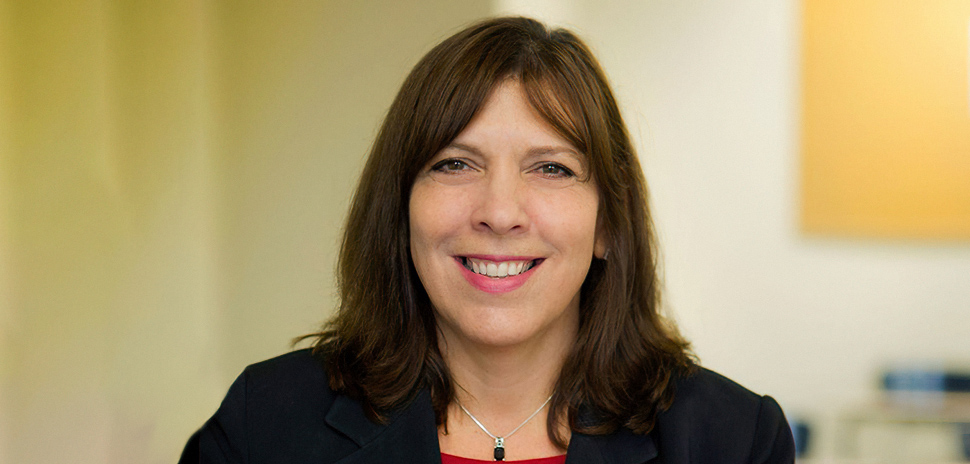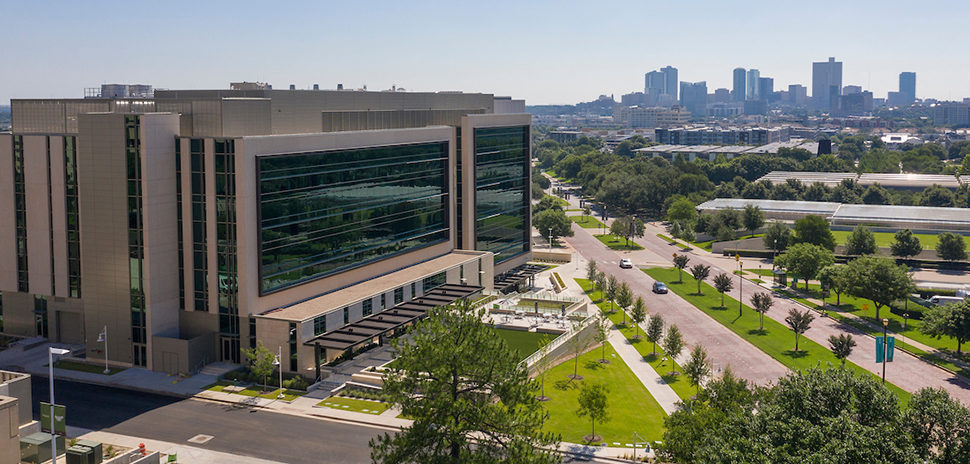Ann Cavallo, assistant vice provost and distinguished professor of science education at The University of Texas at Arlington, has been named a fellow of the American Association for the Advancement of Science.
The AAAS council recognized Cavallo’s distinguished contributions to the advancement of science education, particularly for STEM teachers, regionally and nationally, UTA said.
Cavallo said the award recognizes her dedication to doing what she loves most: teaching teachers how to teach science.
“The most vital tools that science education teaches us are analytical thinking, reasoning and problem solving. These abilities define our future,” Cavallo said in a statement. “I always teach our teachers to take the opportunity to help students develop thinking skills they will use the rest of their lives–skills that will open their minds to the world and give them the chance to change it for the better.”
Cavallo started her career as a high school chemistry, biology, and earth science teacher and has led initiatives to increase access to science education for teachers and students throughout her profession.
Boosting STEM content knowledge
In 2008, Cavallo launched UTA’s Robert Noyce Teacher Scholarship program with colleagues from the College of Science, through a nearly $900,000 grant from the National Science Foundation, UTA said.
Since that initial Noyce award, Cavallo has been principal investigator of three additional NSF Noyce grants for an additional $3.86 million awarded to the university.
UTA said the Robert Noyce program has offered $10,000 scholarships toward earning secondary school STEM teacher certification to juniors, seniors, recent graduates or graduate students and professionals with an undergraduate degree in any science, technology, engineering or mathematics field.
The university said that the program seeks to increase the number of K-12 teachers with strong STEM content knowledge along with teaching skills, specifically preparing them to successfully teach and remain teaching in high-need school districts.
Cavallo was one the three co-directors who launched UTeach Arlington in 2010, a program funded through a $1.4 million grant and modeled after the University of Texas at Austin’s nationally recognized program.
UTeach Arlington is a secondary school teacher preparation program that is built into degrees in biology, chemistry, geology, mathematics and physics, UT Arlington said.
Students in the program learn research-based pedagogy for secondary school classrooms as they earn a bachelor’s degree in science or mathematics, according to the university. The program is celebrating 300 program graduates this year. Its alumni impact 45,000 secondary school students annually, UTA said.
Teaching teachers how to teach science
Cavallo also directed programs for practicing teachers.
She was principal investigator of three Math, Science and Technology Teacher Preparation Academy grant programs funded by the Texas Higher Education Coordinating Board for a total of $900,000.
Those grants awarded roughly 60 Dallas-Fort Worth middle and high school science teachers $16,000 scholarships each to complete graduate degrees that position them as teacher-leaders in their school districts, UTA said.
These master’s degree programs were designed and led by Cavallo and Greg Hale, assistant dean of the College of Science, the university said.
Also, for eight years Cavallo directed and instructed a summer program and associated field course for science teachers on energy and environmental science sponsored by TXU and Luminant totaling $232,000.
Cavallo became the director of UTA’s Center for Research on Teaching and Learning Excellence in 2018 under the Office of the Provost, building a new research-based center that provides support, training, and resources for UTA faculty and graduate teaching assistants to innovate and enhance their instruction, UTA said.
![]()
Get on the list.
Dallas Innovates, every day.
Sign up to keep your eye on what’s new and next in Dallas-Fort Worth, every day.











![At the Fourth Annual iC3 Life Science Summit at UT Arlington on Oct. 10, 2017 recipient Lyda Hill will present the award. To register for the summit, visit www.bionorthtx.org. [Illustration: bestbrk/istockphoto]](https://s24806.pcdn.co/wp-content/uploads/2018/09/Bionorthconcept_970_bestbrk_istockphotovector-molecule-background-genetic-and-chemical-compounds-abstract-vector-id908258902-264x350.jpg)






















































